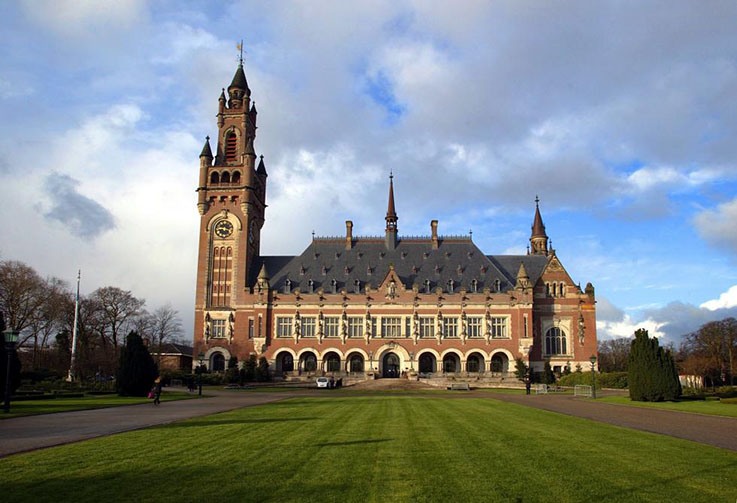By Alexander Wentker
Published on June 29, 2018
On 18 June 2018, Venezuela notified the International Court of Justice (ICJ) that it intends not to participate in the proceedings before the Court in the case over the Essequibo region brought by Guyana (for an excellent analysis of Guyana’s application and the complex historical and procedural background on this blog see here). Venezuela’s move is reminiscent of a long series of cases before the Permanent Court of International Justice (PCIJ) and then the ICJ in which the defendant State chose not to appear. At its peak in a period in the 1970/80s this phenomenon had almost become the norm rather than the exception, a situation widely seen as symptomatic of a major crisis of confidence in the Court. The Institut de Droit International noted with concern ‘that the absence of a party is such as to hinder the regular conduct of the proceedings, and may affect the good administration of justice’. This short contribution will assess whether similar concerns are warranted now that the Court will once again be confronted with this peculiar procedural situation. It will first briefly evaluate to what extent Venezuela’s announcement may be part of a re-emerging trend of non-participation. It will then consider how Venezuela’s decision will legally impact the proceedings, highlight key challenges for the conduct of the proceedings, and suggest how and to what extent the Court can address these.
Back to the 1970s?
Since the US ceased participating in the Nicaragua case following the decision on jurisdiction more than thirty years ago, there have only been rare incidents of (temporary) non-participation in contentious proceedings before the ICJ (Bahrain was not represented when the second judgment on jurisdiction and admissibility in Maritime Delimitation and Territorial Questions was delivered, nor at a later meeting of the Court when time limits for submissions at the next stage were fixed; note also in the different context of advisory proceedings Israel’s refusal to take part in the Wall case). Non-participation thus seemed to have gone out of fashion – France, for example, had failed to appear in the Nuclear Tests cases in 1973/74 but chose to participate when New Zealand requested the Court to resume that case in 1995.
Recently, however, Pakistan who had submitted a counter-memorial did not appear in the oral hearings in the Marshall Islands case. Croatia only partially participated in the ad hoc arbitration with Slovenia. And Venezuela’s announcement comes only relatively shortly after China and Russia did not take part in major United Nations Convention on the Law of the Sea (UNCLOS) proceedings (the South China Sea and the Arctic Sunrise cases). Even among these States, however, participation at present seems to remain the norm: Russia, for example, is currently participating in cases brought by Ukraine, both before the ICJ and in an UNCLOS Annex VII arbitration.

